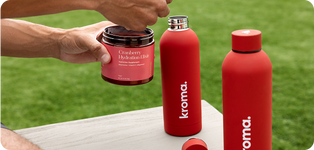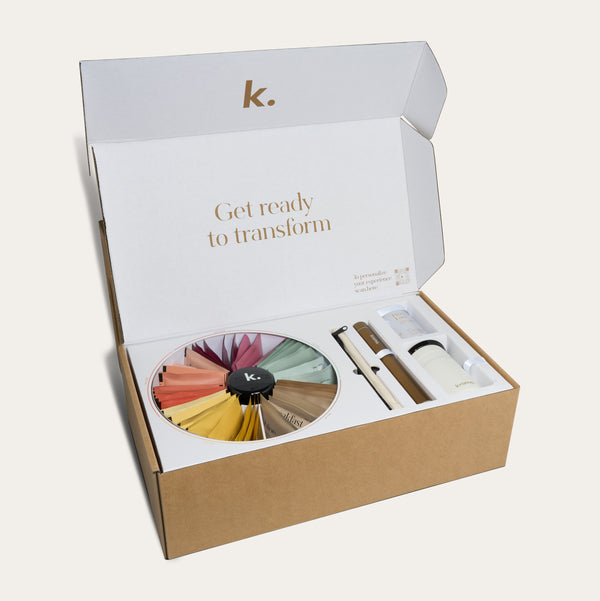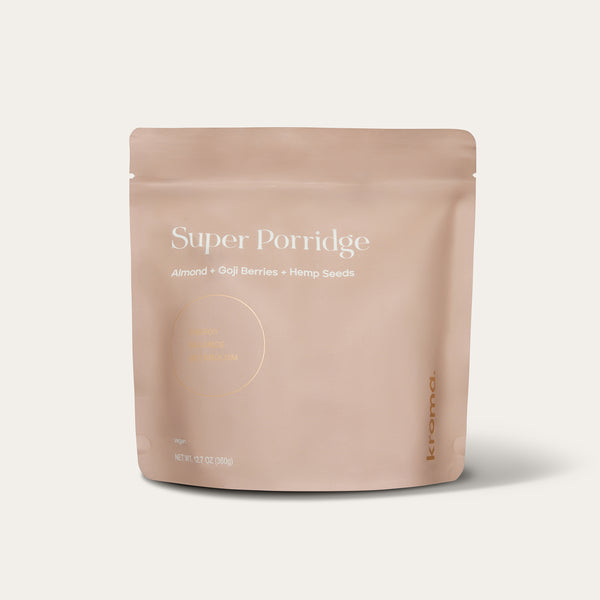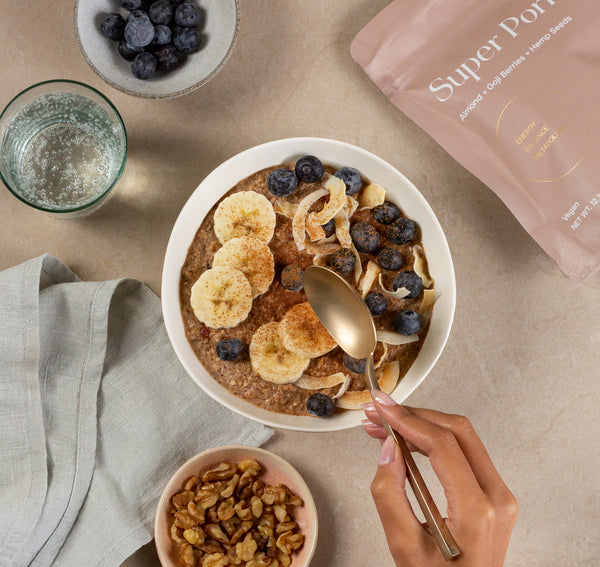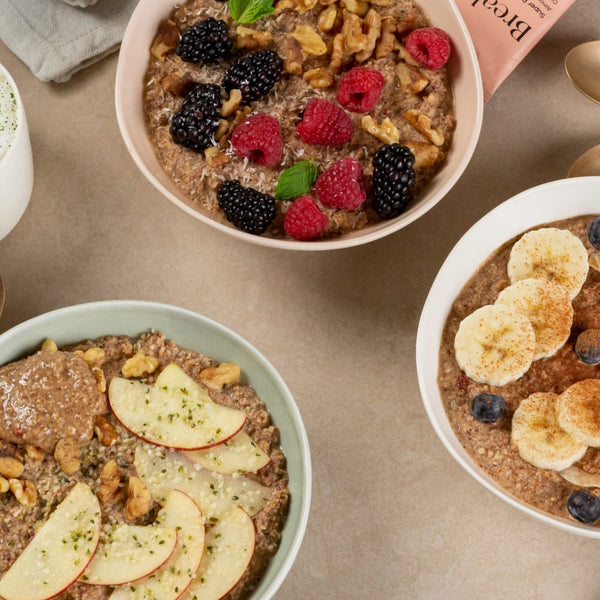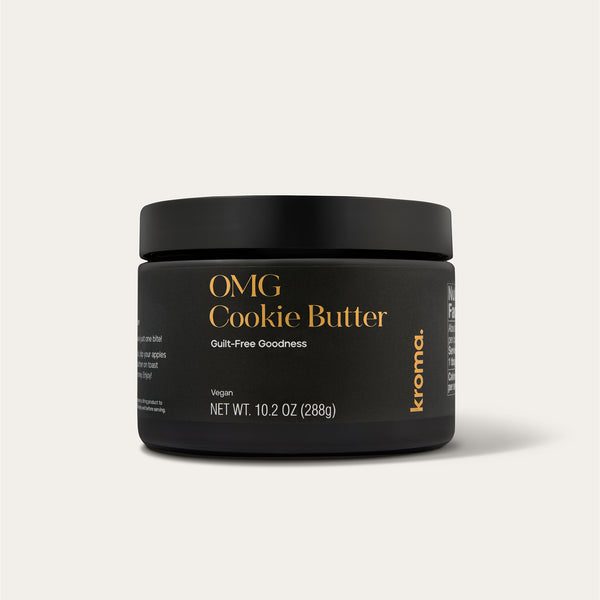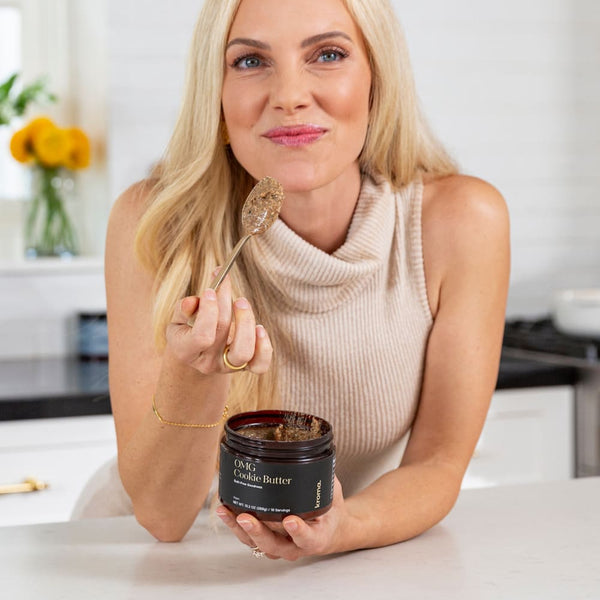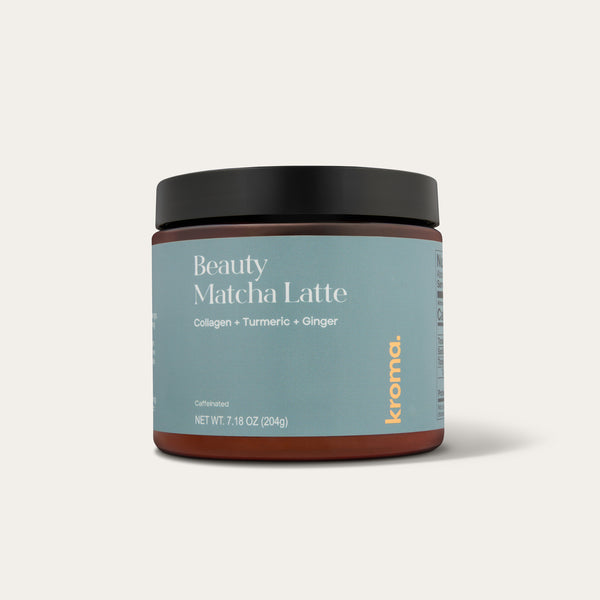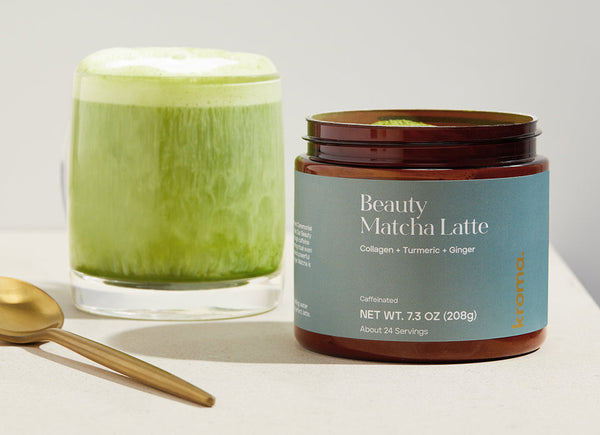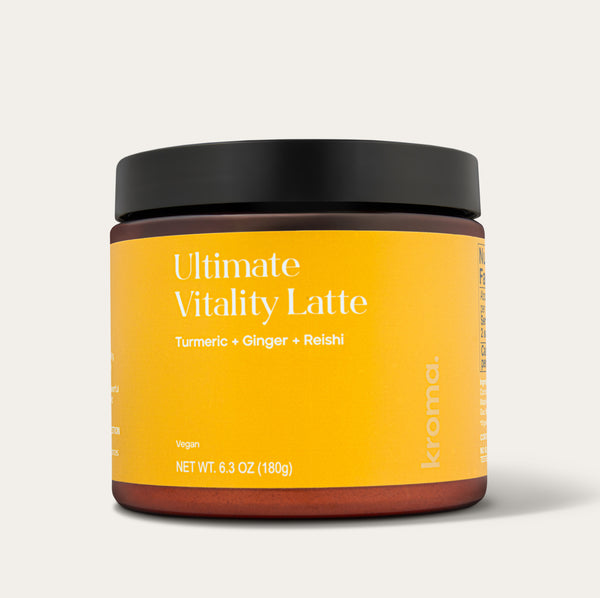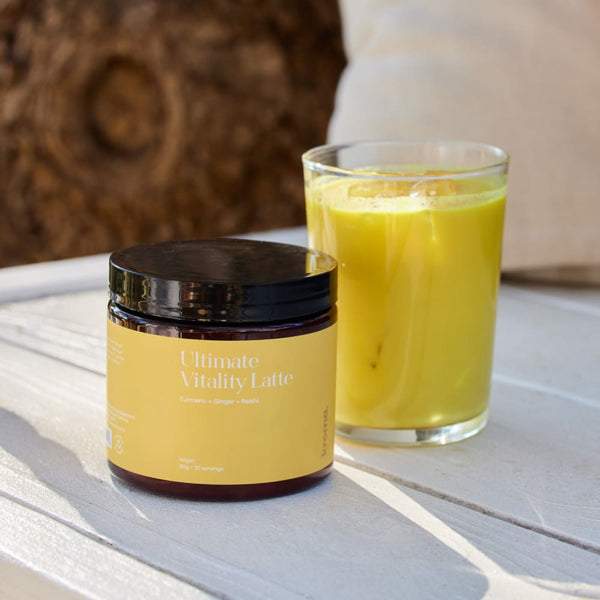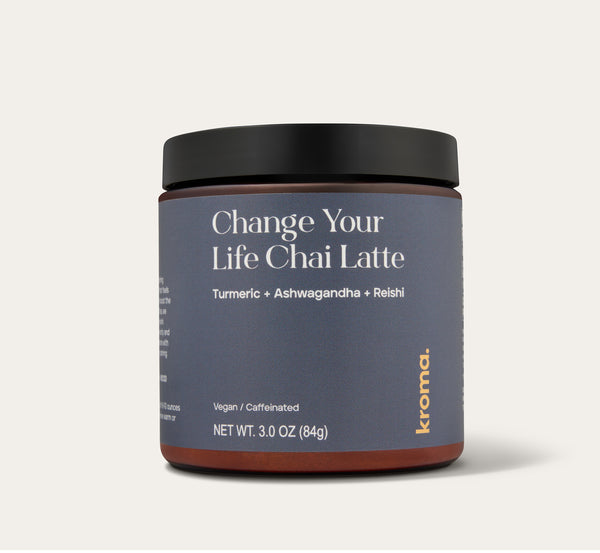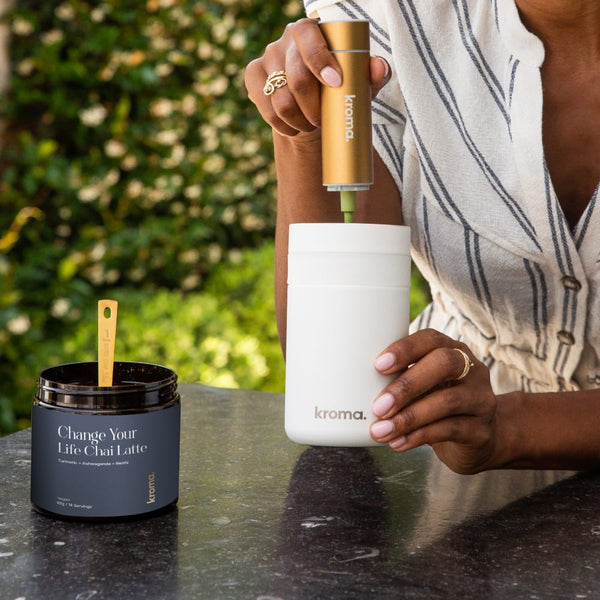Do you love a warm bowl of oatmeal full of spices like cinnamon and nutmeg? How about a bowl of warm porridge topped with a drizzle of honey and walnuts? While both sound delicious, have you ever sat and wondered what is porridge vs oatmeal and how these two dishes differ nutrition-wise?
Well, that's just what we did — we've broken down the differences between porridge vs oatmeal so you know the right time for each in your morning routine.
What's Porridge?
Porridge is a dish often served for breakfast, made of any grain or legume cooked down in milk or water. Other ingredients can be added to the porridge to improve the taste and texture, such as spices like cinnamon, a sweetener like maple syrup, and nuts or seeds.
The first reference to porridge in history books is from China, going back thousands of years. Their grain of choice was rice. Modern Chinese culture still includes a porridge, called congee, which is thought to promote good health and improve digestion thanks to nourishing ingredients like ginger.
While it is called different names, porridge is a popular dish in many cultures. In Russia, porridge is called kasha and made with buckwheat. Buckwheat is a seed from the rhubarb family, but it's treated like a grain, making it a gluten-free porridge option. The Finnish have a dish called ruispuuro, which is made with rye flour. Genfo is a dish from Ethiopia made of barley flour.
In the United States alone there are many different types of porridge. One popular type is called grits, which you may have eaten tons of if you live in the Midwest or the South, without even realizing it was a type of porridge! This dish is generally made with cornmeal and usually has a creamy consistency. It can be made savory with butter, cheese, and seasonings, or can be made sweet with butter and a sweetener of your choice, like maple syrup.
Varieties of Porridge
Porridge can be made with a wide variety of grains, seeds, or legumes, offering endless possibilities. Here are some popular varieties:
- Congee: A rice-based porridge common in Asian cuisine, often served savory with soy sauce, eggs, or chicken.
- Kasha: A Russian dish made from buckwheat, a gluten-free seed.
- Polenta: An Italian porridge made from cornmeal, served savory or sweet.
- Grits: A Southern favorite in the U.S., made from ground corn and often served with butter or cheese.
- Ruispuuro: A Finnish porridge made from rye flour, offering a tangy flavor.
- Genfo: An Ethiopian barley flour porridge often served with spiced butter or yogurt.
Each variety brings its unique flavor profile and health benefits, making porridge a truly global dish.
What’s Oatmeal?
Oatmeal is a warm, comforting dish made of oats cooked down in water or milk, and can be served warm or cold.
Oatmeal and a warm beverage is the perfect breakfast for a cool morning. It is often consumed as a warm, hearty breakfast but can also be served cold, like in overnight oats.
Oatmeal’s simplicity and versatility make it a staple in many households. It can be sweetened with honey or maple syrup, flavored with spices like cinnamon or nutmeg, and topped with fruits, nuts, or seeds for added nutrition.
Varieties of Oatmeal
Oatmeal comes in several varieties, each offering unique textures and flavors:
- Steel-Cut Oats: Whole oat groats cut into pieces with a hearty texture and nutty flavor. These take longer to cook but are nutrient-rich.
- Rolled Oats: Steamed and flattened oats that cook quickly and work well in oatmeal bowls or baked goods.
- Instant Oats: Pre-cooked and pressed thin, these oats are ready in minutes but may have a softer texture.
- Whole Oats (Groats): The least processed form, retaining the bran for maximum nutrition. These take the longest to cook.
- Quick Oats: Smaller pieces of rolled oats that cook faster, great for a smoother texture.
- Overnight Oats: A no-cook option made by soaking rolled oats in milk or water overnight, perfect for meal prep.
Each type suits different preferences, making oatmeal a versatile breakfast choice.
Is Porridge the Same as Oatmeal?

The main type of porridge consumed in the United States and Canada is called oatmeal. This distinction often leads to the question, what is porridge vs oatmeal? Simply put, while all oatmeal is porridge, not all porridge is oatmeal, and this is really the only difference.
In other words, oatmeal is a type of porridge, i.e., a porridge made from oats. Other porridges, as mentioned above, can be made from a variety of bases.
Our porridge includes nuts, seeds, and superfoods to fuel you, whether you’re enjoying your porridge first thing in the morning, as an easy lunch, or as a comforting way to end your day. So, if you’ve ever wondered “is porridge oatmeal”, the answer is yes — oatmeal is a subset of the diverse category of porridge.
When comparing porridge vs oatmeal, the difference comes down to the base ingredient. Porridge is versatile, with countless possibilities for customization, while oatmeal represents just one delicious way to enjoy it.
What Are the Benefits of Eating Porridge?

Even the simplest porridge can have many health benefits, but when you add in ingredients like nuts, seeds, and a boost of protein from chocho (like in our Super Porridge), the benefits are next-level.
With the right ingredients, porridge can be full of vitamins, minerals, antioxidants, fiber, and protein. Porridge is simple, unpretentious, satisfying, and packed with nutrients.
Here are some specific ways porridge can benefit health:
Fuels You With Healthy Fats
There are two types of healthy fats, monounsaturated fats and polyunsaturated fats, which are both found in nuts and seeds. These fats support healthy cholesterol levels, reduce inflammation, and benefit heart health. Adding nuts and seeds, such as sunflower seeds, almonds, hemp seeds, pecans, walnuts, and flax, provides these health benefits and enhances the taste and texture of the porridge.
Packed With Fiber
Whole grains, specifically oats, are incredibly high in fiber. Fiber is extremely important for the health of the gut. Not only does fiber support healthy digestion, but it also contributes to the health of the gut microbiome with special fibers called prebiotics. Prebiotics are fibers that provide food for the good bacteria in the gut.
A diet high in fiber can help maintain healthy cholesterol levels, aid metabolic function, and support weight management.
Helps Ignite Your Metabolism
Your body burns twice the amount of calories when digesting whole grains than when digesting processed foods. Eating porridge for breakfast can help jumpstart your metabolism — it takes a long time to digest all the fiber in oatmeal.
During digestion, oatmeal turns into energy. This energy is slowly released over a few hours, instead of spiking you with energy all at once. Not only are you burning calories, but it leaves you feeling full longer and provides you with energy to get you through your busy day.
Deliciously Customizable

With porridge, the sky's the limit when it comes to flavors. Whether you like sweet or savory foods, there is an option for you.
You can make a dessert porridge with oats, chocolate chips, and bananas. Or, you can go savory with brown rice congee made with tamari (which is gluten-free), mushrooms, and green onions.
You can also make a breakfast porridge loaded with fresh berries and nuts.
Either way, porridge can fit anyone's taste preferences, and even though it is often eaten at breakfast, it can be a great meal for any time of day.
How To Make Porridge
Making porridge is quick and easy. Here's how:
- Choose your grain or legume base. Oats, rice, quinoa, or cornmeal are common choices.
- Measure your ingredients. Use a ratio of 1 part grain to 2 parts liquid (milk, water, or a mix of both).
- Cook the base. Heat your liquid in a pot, add the grain, and stir occasionally over medium heat until it thickens.
- Enhance the flavor. Add spices like cinnamon, sweeteners like honey, and toppings like nuts or fruits.
- Serve and enjoy. Adjust the consistency to your preference by adding more liquid if needed.
For a simpler option, Kroma Super Porridge comes pre-portioned with added superfoods. Just add hot water or milk, stir, and enjoy a nutritious meal in minutes!
The Bottom Line

Is porridge oatmeal? Porridge and oatmeal, while oftentimes used interchangeably, are not exactly the same but also not too different. Traditional porridge is made by cooking down grains or legumes, and oatmeal is just a specific type of porridge.
This humble food has many different names and ingredients throughout different cultures, but one thing remains the same — starting your day off with this comforting and often nourishing breakfast dish can bring you many health benefits, like energy that lasts through the day and fiber to keep your gut healthy.
At Kroma Wellness, we are all about offering healthy, whole-food options, in an easy, convenient way. That is why our Super Porridge is individually packed into one serving for each day of our 5-Day Reset Program, along with tons of other easy-to-prepare superfoods that can help you reshape how your nutrition fuels holistic wellness.
FAQs About Porridge and Oatmeal
Porridge and oatmeal are beloved breakfast staples, but many people still have questions about their differences, benefits, and preparation.
To help clarify, we’ve compiled answers to some of the most common questions, so you can better understand these comforting and nutritious meals.
Whether you’re wondering what is porridge vs oatmeal, is porridge the same as oatmeal, or exploring the health benefits, we’ve got you covered!
What is porridge made of?
Porridge is made by cooking grains, seeds, or legumes in water or milk until they reach a creamy consistency. Common bases include oats, rice, cornmeal, buckwheat, barley, or rye.
Ingredients like spices, sweeteners (honey or maple syrup), nuts, seeds, and fruits are often added to enhance flavor and nutrition. Whether you’re exploring what is porridge vs oatmeal, porridge’s versatility makes it a breakfast favorite worldwide.
Is porridge the healthiest breakfast?
Yes, porridge is considered one of the healthiest breakfast options! It’s packed with fiber, which supports digestion and gut health, and can include healthy fats from nuts and seeds.
When prepared with whole grains like oats, it provides slow-releasing energy to keep you full for hours.
Porridge's ability to be customized with superfoods, protein, and vitamins makes it a top contender for fueling your morning.

